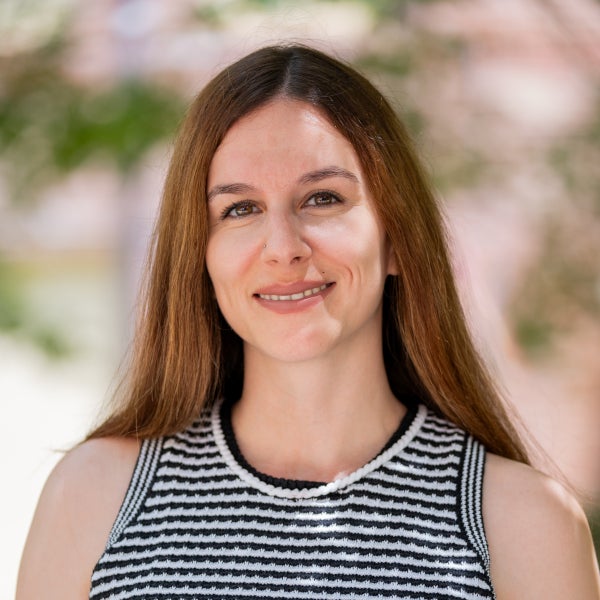
Ivana Polić obtained her Ph.D. in Modern European History at the University of California San Diego but received her Bachelor’s and Master’s degrees in her home country, Croatia. Growing up in a war-torn society served as her motivator to become even more curious about the ways in which humans resist, survive and remember such tumultuous events. She is especially interested in the history of children and youth and the ways in which they have been critical for global, large-scale processes like state and nation building, but also for questions related to education and entertainment. Dr. Polić is currently in the process of developing a book project that grew out of her dissertation research, which explored the role of children in wartime nation building in Croatia after the country declared independence from socialist Yugoslavia and a violent ethnic conflict erupted within its borders. Her additional research interests involve the relationship between music and politics, as well as history and memory – all topics that include interdisciplinary approaches from history, media and communication studies as well as sociological and anthropological insights. She particularly enjoys teaching about topics related to Eastern Europe, a region with an incredible diversity and cultural richness that has often been a subject of many misconceptions. Besides teaching, Dr. Polić also served as an expert historian consultant for textbook revision projects in Southeastern Europe and has helped create digital content that brings humanities research to audiences around the world through podcasts and interviews. Having been exposed to both European and U.S. public and private educational settings has been fundamental in shaping her teaching approaches, which revolve around active learning as a platform for community building, and creating an environment which acknowledges and encourages students’ input and experiences.
Alongside teaching and mentoring, she enjoys traveling (especially summers in Croatia), reading, outdoor activities, dancing and watching Eastern European and Balkan movies (as Balkan humor is truly a cultural gem).
Honors Signature Courses
- IDH3126: Public Scholarship for Honors: Expertise and Media in Modern America
- IDH3424: War of the Mind: Conflict and Contested Memory
- IDH3431: Always Prepared!: Children and Childhood in Authoritarian and Totalitarian Societies
